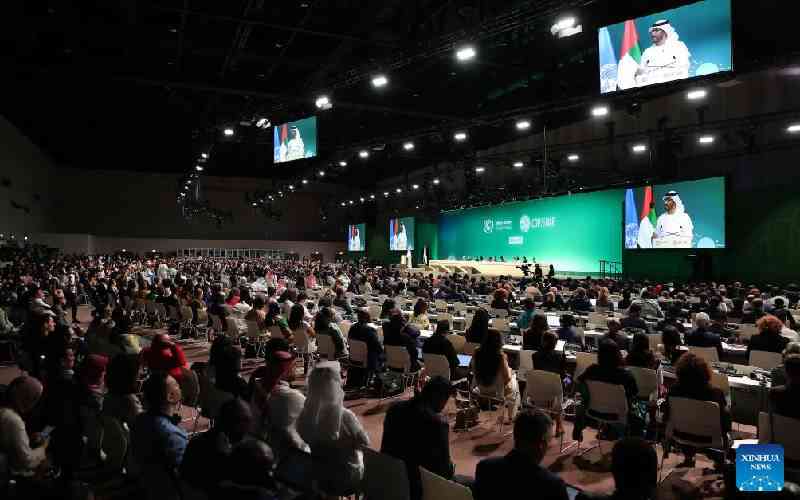×
The Standard e-Paper
Stay Informed, Even Offline

President Samia Suluhu may have stirred the hornets when she told African nations point-blank to end the dependency syndrome and start up their own form of climate financing.
The Tanzanian leader, speaking during an East Africa Community panel on climate and food security a few days ago, was categorical that a special fund will hasten action and avert exponential costs of climate shocks.